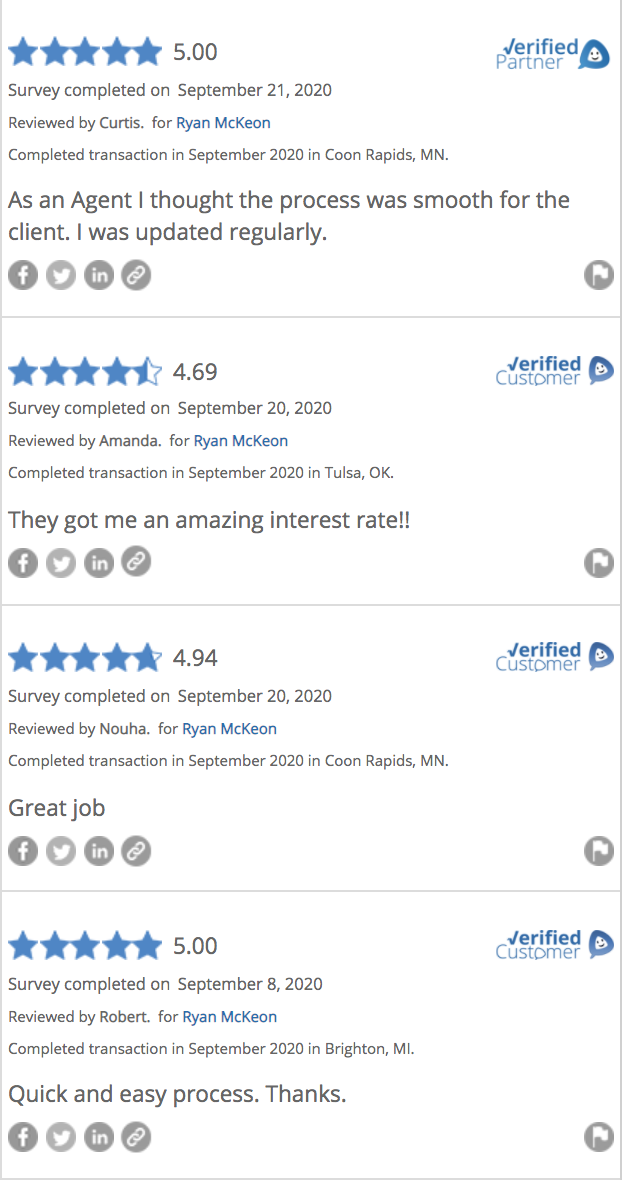Solid credit scores take time to build. Everyone has to start somewhere, and as your teenager begins the transition to financial independence, he or she probably doesn’t have any credit history.
Lack of credit history can be a hindrance to young adults as they apply for auto loans, shop for interest rates on an auto insurance, or go to lease their first apartment. Therefore, it’s important to start building credit as early as possible. A positive credit history is more important than just being able to use a credit card to buy things. Your credit history may be considered by potential employers when you are looking for your first job. It may play a part in approving your apartment application. And, it will be critical for buying your first car, so you can get to work every day.
Consider these tips from financial advisers on how to help your teen build credit, while encouraging financial responsibility.
Starting with education is usually best
No matter how you choose to help your child start building credit, there’s evidence to suggest that educating kids about money will pay off in higher credit scores later. Unfortunately, only 17 states require personal financial education, according to the Council for Economic Education’s 2014 Survey of the States. This means you’ll likely have to take the lead in making sure your kids know how to manage money and use credit wisely.
There are a lot of ways to do this, but most experts agree it’s smart to explain the basics of earning, saving, and spending before your children become teenagers. Preteens are likely to understand the concept of borrowing and repaying debts, so that’s a good age to start explaining the concept of credit. And before you turn your child loose with a credit card, be clear about how to use it responsibly.
How to know when your child is credit-ready
Parents know their children’s strengths and limitations; let your understanding of your child’s personality guide you in deciding when to give your child a credit card of his or her own. For some, this comes when kids start driving, or getting to and from school on their own. Most moms and dads want their kids to have a way to pay in an emergency. For others, this comes as late as college, when co-signing a credit product makes more sense.
If you’re still unsure, here are a few signs your child might be ready for a card of his or her own:
- Demonstrates an interest in building credit
- Demonstrates an ability to budget, save, and spend money wisely
- Knows the basics of money management and can clearly explain how credit cards work
- Is honest about money and is willing to ask questions when he or she doesn’t understand something about it
- Shows maturity in other ways, including an ability to control impulse spending and delay gratification
You can start building your child’s credit today
You can begin building your child’s credit whenever you want to by adding him or her as an authorized user on your credit card. Usually, you have to be at least 18 to take on a credit card or loan, which are the conventional ways that people start building credit. But authorized usership is a little different. In many cases, issuers don’t set an age minimum for authorized users, because they’re not responsible for any of the bills.
By using your card responsibly, your child will benefit from the good credit history you’re creating. It won’t have the same credit-building power as being the primary user on an account, but it’s a start. You don’t even have to give your child a card until you feel he or she is ready for the responsibility; simply being the authorized user on paper is enough to do the trick.
Although you can help your child start building credit as soon as today, that doesn’t mean you necessarily should. Educate your children about money first, then consider helping them get on the path to good scores when the time is right. While some parents may feel like they can’t control their son’s or daughter’s credit behaviors, attitudes towards financial matters are imprinted when children are young. If you haven’t always managed your credit responsibly yourself, make sure your child understands your slip-ups had consequences. You might even and consider telling them about what the consequences were and how they affected your family. Giving teenagers a good understanding of the pros and cons of using credit and how to use it responsibly will help them become financially independent.





